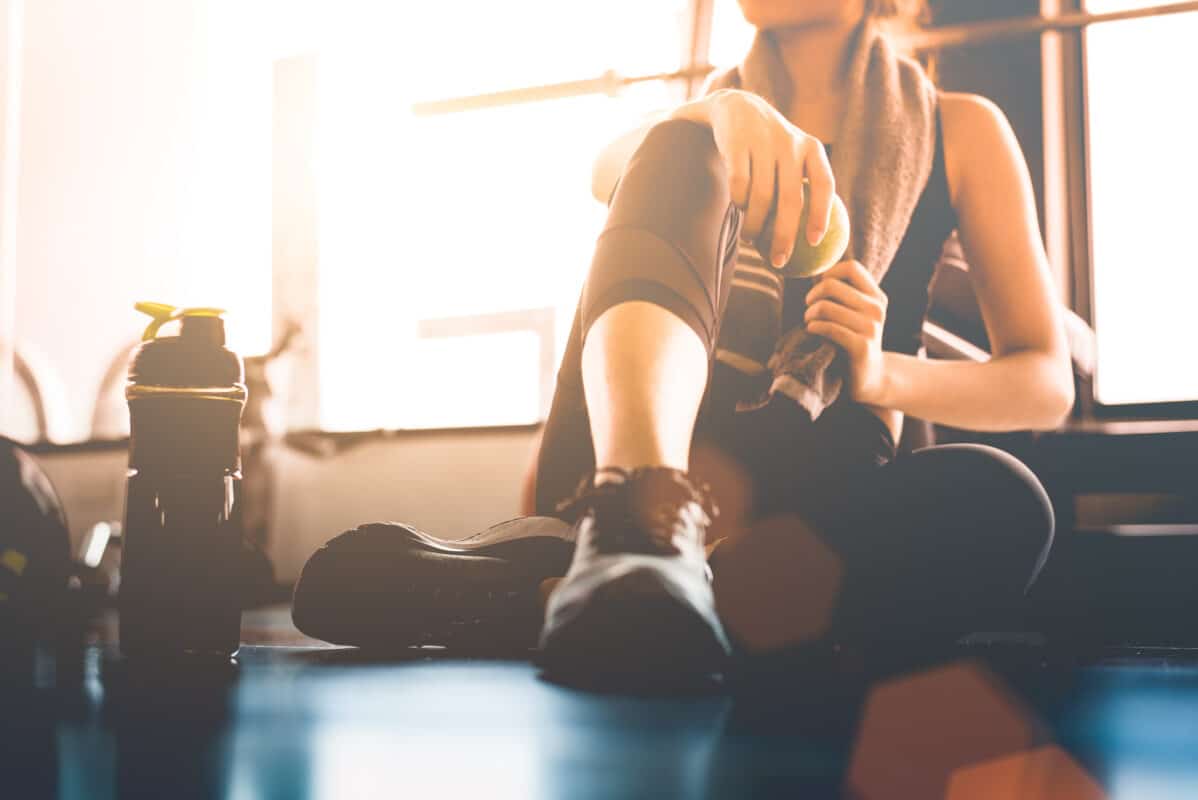Delta 8 THC, Delta 9 THC, News
How THC Can Enhance Your 2024 Workout Plan
Embarking on a new year often brings a renewed focus on health and fitness goals. In 2024, as we dive deeper into the benefits of holistic wellness, the intriguing role of THC for your workouts is gaining traction.
This compound, known for its presence in marijuana, is not just about the recreational buzz but is increasingly being looked at through the lens of fitness and exercise recovery. For those who have been relying on traditional methods and experiencing muscle pain or sore muscles, exploring the potential of THC in your workout regimen might offer a novel approach to achieving your fitness goals.
So explore our product line here at 3CHI, read along, and let’s get into utilizing THC for your workouts and performance.
THC for Your Workouts: A New Perspective
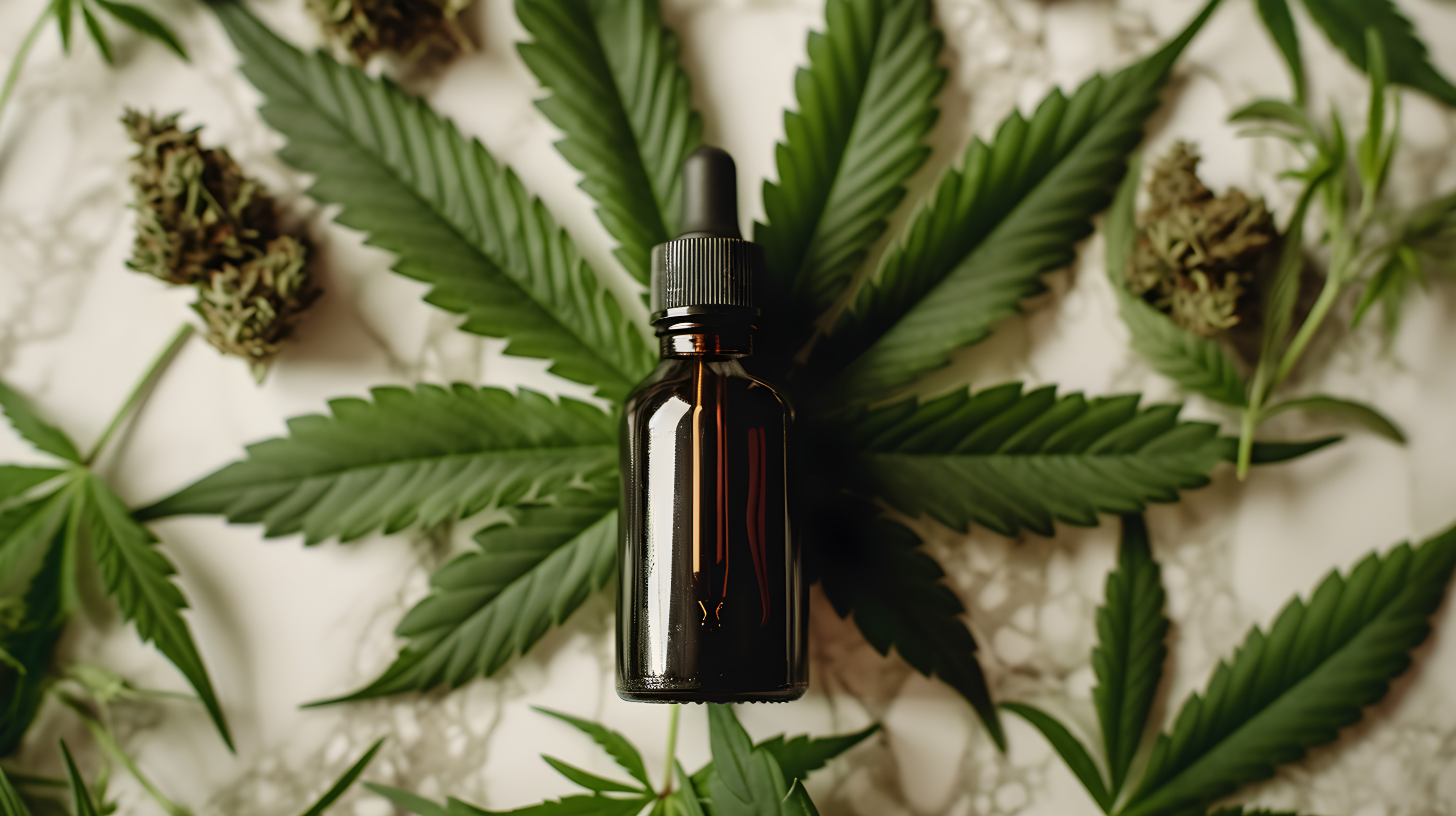
Incorporating THC into your workout regimen isn’t just about chasing a high; it’s about redefining the approach to fitness and exercise. The potential of THC, a key component in marijuana, extends beyond its recreational use, venturing into the realm of enhancing athletic performance and muscle recovery.
This shift in perspective is supported by emerging cannabis research, including studies from institutions like Kent State University, which explore the multifaceted effects of cannabis use on physical activities.
THC as a Complement, Not a Replacement
When integrated thoughtfully, THC may complement traditional workouts, acting as a unique addition to the array of supplements commonly used in fitness circles. Its potential role in weight training and other forms of exercise is a subject of growing interest. Unlike either cannabidiol (CBD) or THC alone, full-spectrum cannabis products, which include a range of cannabinoids, might offer a more holistic approach to enhancing workout routines.
The exploration of THC in fitness is not about replacing established methods but about adding a new dimension to them. As cannabis research continues to unfold, the potential for THC to positively impact overall workout effectiveness becomes an exciting prospect for those looking to optimize their fitness journey in 2024.
Understanding Delayed Onset Muscle Soreness and THC
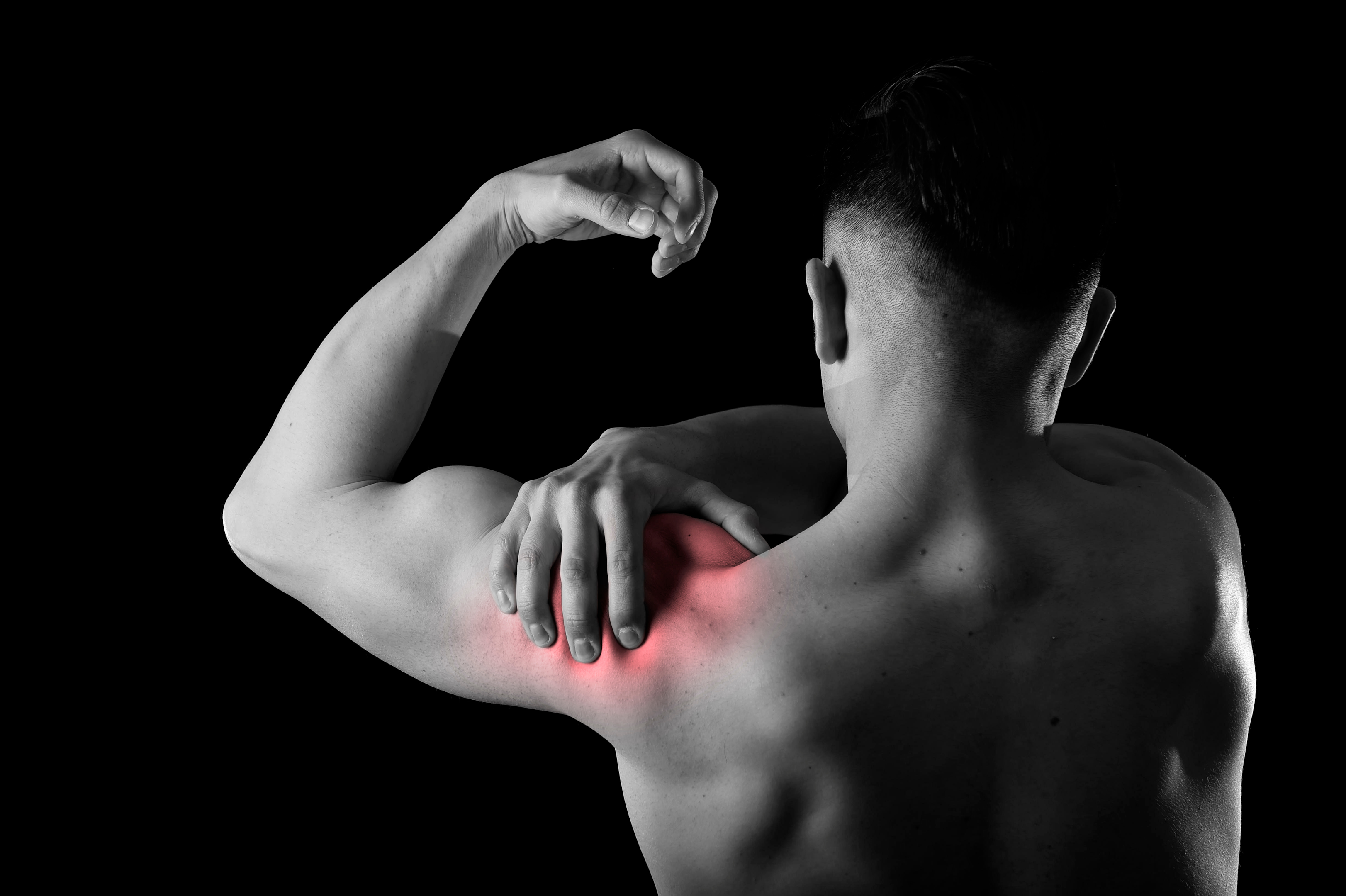
Delayed onset muscle soreness (DOMS) is a familiar foe for many, from casual gym-goers to professional athletes. It typically occurs after intense or unfamiliar exercise, affecting various muscle groups and leading to discomfort that can last for days. This is where THC, along with CBD products, may play a role in alleviating muscle soreness.
The potential of THC in managing muscle pain associated with DOMS is an area of interest that is gaining momentum. Using cannabis, particularly products that combine THC and CBD, might offer a synergistic effect that could help in reducing the intensity of sore muscles. This is particularly relevant after strenuous workouts, where the body undergoes significant stress and requires effective strategies to properly recover.
Pairing THC & CBD
CBD products, when combined with THC, might enhance the overall efficacy in managing that delayed onset muscle soreness and muscle pain. This combination could potentially offer a more comprehensive approach to tackling the discomfort associated with DOMS, aiding athletes and fitness enthusiasts in quicker comeback and better preparation for their next session of exercise.
The exploration of THC and CBD in this context is not just about pain management; it’s about understanding how these compounds may support the body’s natural recovery processes. As we continue to uncover the benefits of cannabinoids, their role in enhancing healing after intense physical activity becomes an exciting prospect for anyone looking to optimize their performance and comfort post-workout.
THC and Exercise Recovery: A Synergistic Approach
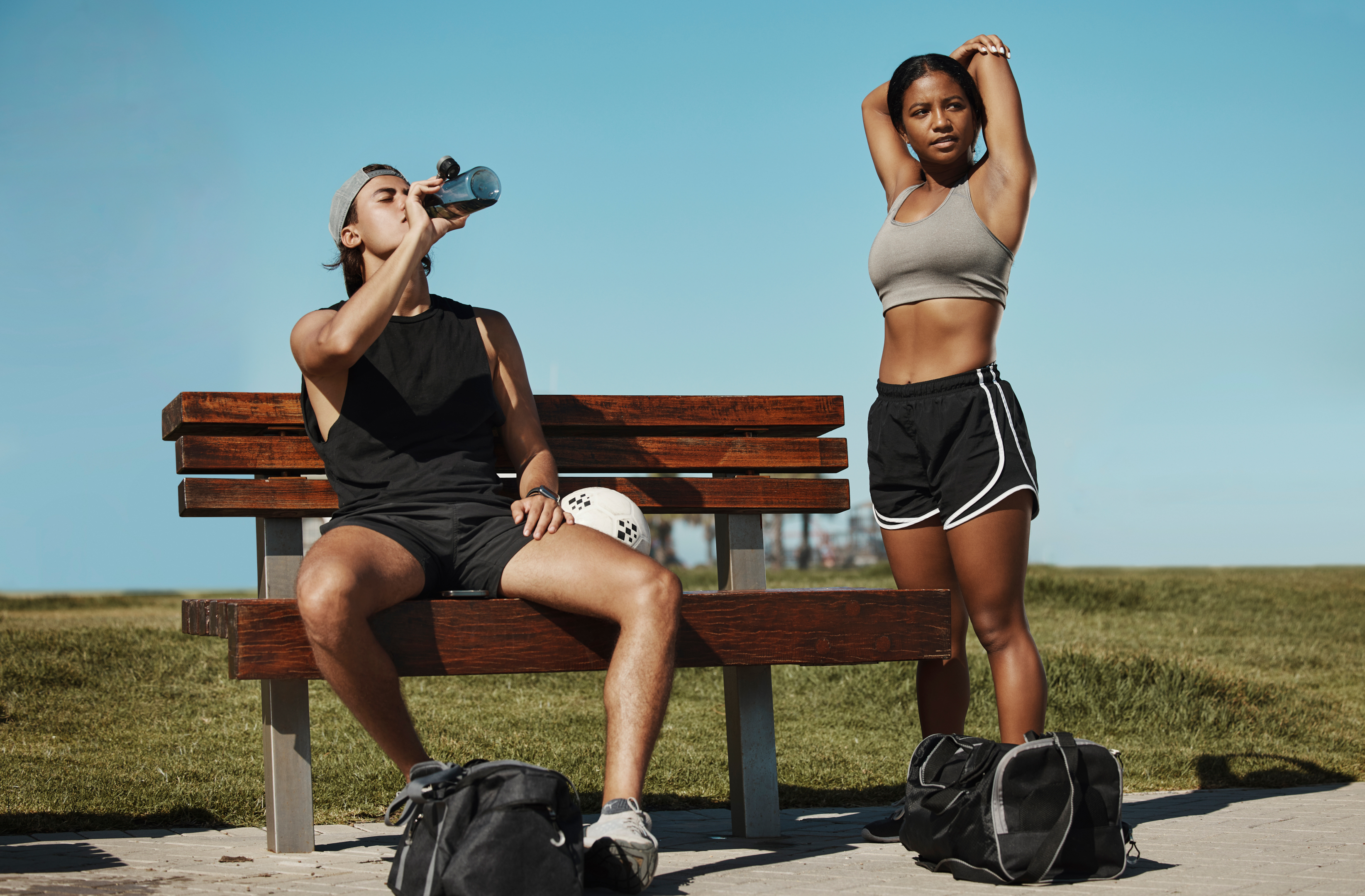
The synergy between THC and exercise recovery is an area ripe with potential. For those who lift weights or engage in intense workouts at the gym, the aftermath often involves dealing with sore muscles and seeking ways to accelerate recovery. Here, the role of THC, as part of a broader approach to wellness, becomes particularly relevant.
One of the key aspects of recovery is enhancing blood flow to the affected areas. Improved circulation is crucial for muscle repair and muscle growth. THC’s potential to influence vasodilation could play a significant role in this process. By potentially increasing blood flow, THC might help in delivering essential nutrients and oxygen to the muscles, which are vital for repair and growth post-exercise.
More Holistic Approach
Additionally, managing muscle pain is an integral part of recovery, especially for those who frequently use cannabis as part of their wellness routine. The potential of THC to modulate pain perception can be a game-changer in how individuals approach their recovery. This is not just about temporary relief; it’s about aiding the body’s natural healing processes, allowing for more effective recovery and preparation for the next session at the gym.
Incorporating THC into a post-workout routine could, therefore, offer a multifaceted approach to recovery. It’s about looking beyond the conventional methods and exploring how THC can complement and enhance the body’s ability to recover, grow, and prepare for the continuous demands of physical exercise.
This approach could be particularly beneficial for those who regularly engage in weightlifting and other high-intensity workouts, providing a holistic way to support muscle health and overall fitness.
The Role of THC in Muscle Pain Management
The management of muscle pain is a critical aspect of maintaining a consistent exercise routine. Here, the role of THC becomes particularly interesting, especially when considering how we feel pain. THC’s potential influence on pain perception can be a significant factor for those engaging in regular physical activity.
Paired with traditional methods like soaking in a hot tub or extended periods of rest, consuming cannabis with THC may offer an alternative approach to managing discomfort.
The way THC interacts with the body’s pain receptors is key to its potential effectiveness. It might influence the body’s capability to perceive and process muscle soreness and pain, which can be particularly beneficial for individuals dealing with chronic pain. This aspect of THC use in this way may be crucial for long-term exercise adherence.
However, you should consult with your healthcare provider before adding any new supplement to your regimen like cannabis.
Potential Improvement in Sleep Quality
Moreover, THC’s potential impact on sleep quality should not be overlooked. Good sleep is essential for any health and fitness journey, and THC might help in achieving a more restful state, which is crucial for the body’s healing process. This improved sleep quality could indirectly contribute to the body’s ability to repair muscle cells and alleviate muscle soreness.
The role of THC in managing muscle pain extends beyond simple pain relief. It encompasses a holistic approach to how we feel pain, recover, and maintain the motivation to continue regular exercise. As we explore this further, THC’s place in the world of fitness and pain management continues to evolve, offering new perspectives on how to support the body’s natural recovery processes.
From CBD to THC, we at 3CHI offer a plethora of products that have the potential to aid in your health and fitness journey.
Addressing Muscle Soreness with THC
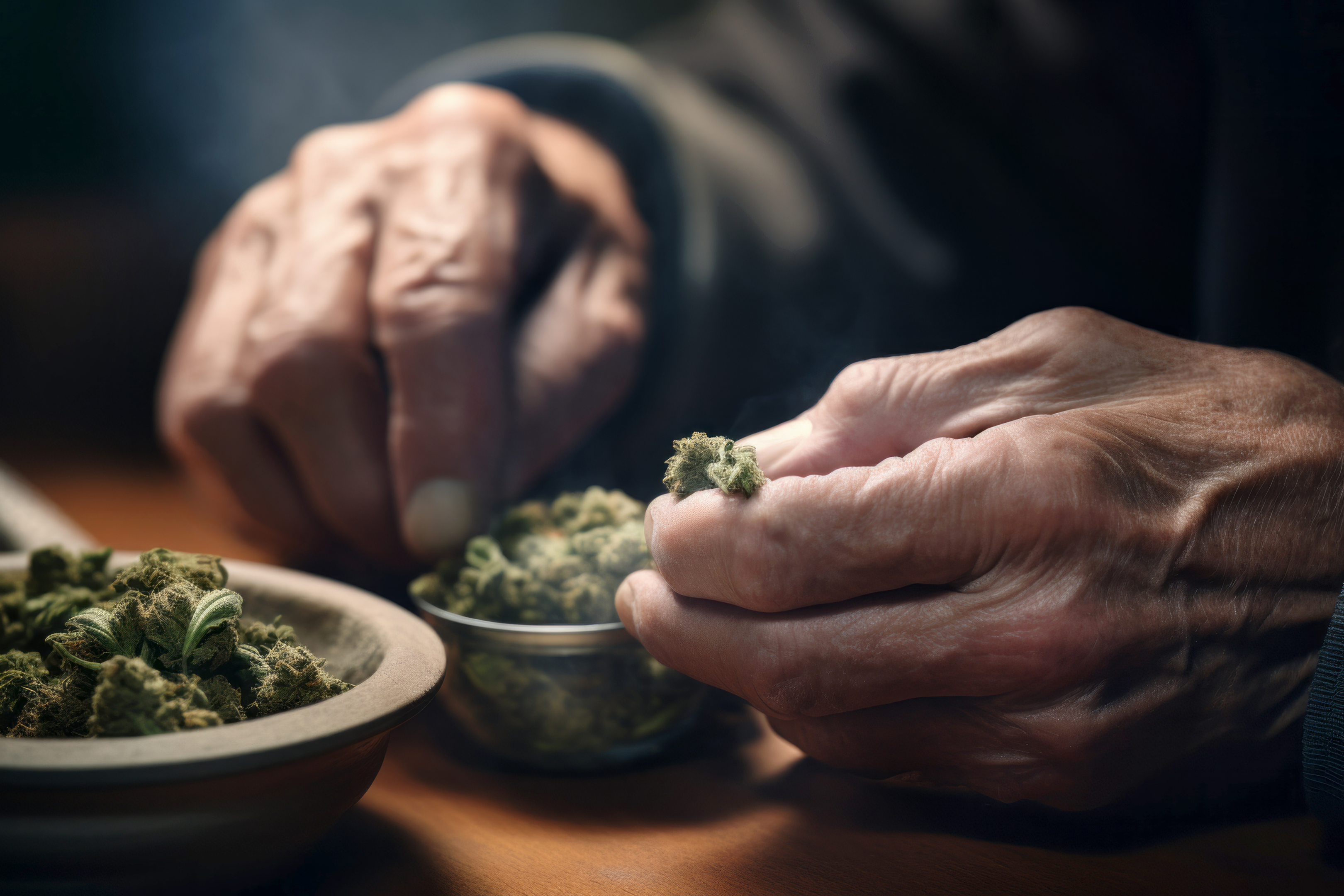
Muscle soreness can be a significant deterrent in maintaining a consistent workout schedule. THC’s potential to alleviate sore muscles could be a natural alternative to traditional remedies. Its properties may help in reducing the intensity of soreness, aiding in quicker recovery.
In the context of muscle pain, THC’s role is increasingly being recognized. For those who use cannabis, the anecdotal evidence suggests a noticeable difference in how they experience and manage muscle pain post-exercise. This is particularly relevant for individuals engaged in rigorous exercises where muscle soreness is a common aftermath.
THC May Work Together with other Supplements to Improve Repair of Muscle Cells
Moreover, THC can be considered alongside other supplements commonly used in fitness regimes. Its potential benefits in managing muscle pain and soreness might complement the effects of these supplements, offering a more holistic approach to post-workout recovery. This integration could be particularly beneficial for those who have integrated cannabis use into their wellness routines, looking for natural ways to support their body’s recovery process.
Addressing muscle soreness with THC is about exploring its potential as a complementary approach to traditional fitness and recovery methods. For those who regularly engage in strenuous exercises and are familiar with the challenges of muscle pain, THC offers an intriguing possibility to enhance their recovery process and overall exercise experience.
Enhancing Blood Flow with THC
Improved blood flow is vital for proper muscle healing and growth. THC may influence vasodilation, potentially enhancing blood flow to muscle cells. This could aid in delivering essential nutrients and oxygen to muscles, promoting better recovery.
The potential of THC in increasing blood flow extends to its ability to alleviate muscle pain. For those who experience discomfort in the same muscles repeatedly, perhaps due to chronic pain or repetitive strain, THC’s role in enhancing blood circulation could be particularly beneficial. This increased circulation not only helps in reducing muscle pain but also aids in addressing the underlying symptoms of discomfort.
Effects of Improved Blood Circulation
Moreover, for individuals who incorporate cannabis use into their recovery regimen, THC might offer an added advantage. By potentially improving blood flow, it could help in more effectively flushing out the byproducts of intense exercise, which often contribute to sore muscles. This process is essential for those targeting the same muscles in their workout routines, as it can help in preparing these muscles for subsequent sessions.
Additionally, the role of improved circulation goes beyond physical benefits. It can also contribute to better rest and recovery periods. Enhanced blood flow means more efficient oxygen and nutrient delivery, which is crucial during rest periods when the body is focused on repairing and rebuilding muscle tissues. Getting healthy blood to the affected areas is key to reducing muscle pain and aiding sore muscles.
Traditional Recovery Methods
Now, doing things like taking a warm bath or utilizing ice packs that you can get over the counter aren’t the worst things to use either. But everything has its time and place. Marijuana use or simply CBD can help enhance the effects a warm bath or ice packs might have, even if you’re taking a low dose. The goal is to help the body and its muscles rest and repair as much as possible before the next training session.
Without the proper recovery methods, athletes might not be as fresh in the gym, and they might have quicker muscle fatigue and/or more aggressive muscle pain throughout the body.
In essence, enhancing the flow of blood with THC could be a key factor in a more effective and holistic approach to managing muscle pain and soreness. It underscores the potential of THC as a valuable component in the fitness and wellness routines of those who regularly engage in strenuous physical activities.
Highlighting Products for Improved Muscle Renewal
We’ll highlight a couple products from our line, one containing THC and the other more CBD heavy. Both have their place and potential benefits in terms of improving exercise recovery.
Comfortably Numb Gummies for Enhanced Sleep and Recovery
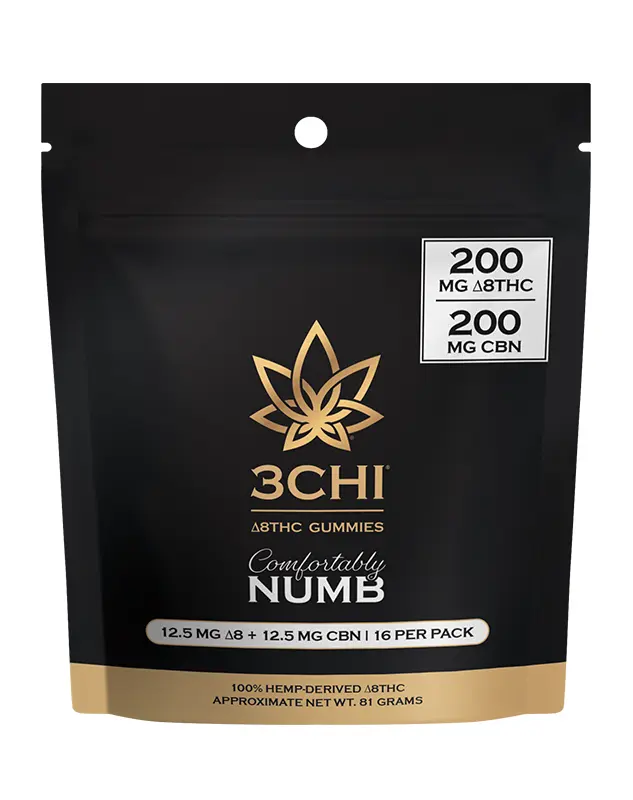
For those seeking a more restful night’s sleep, which is crucial for performance and healing, Comfortably Numb gummies could be a game-changer. These gummies are specially formulated to promote relaxation and better sleep quality. A good night’s sleep is essential for the body’s healing process, especially after intense workouts.
By improving sleep quality, Comfortably Numb gummies may help the body in its natural recovery and muscle repair processes, making them a valuable addition to any fitness enthusiast’s nighttime routine.
CBD Relief Cream for Targeted Discomfort Relief
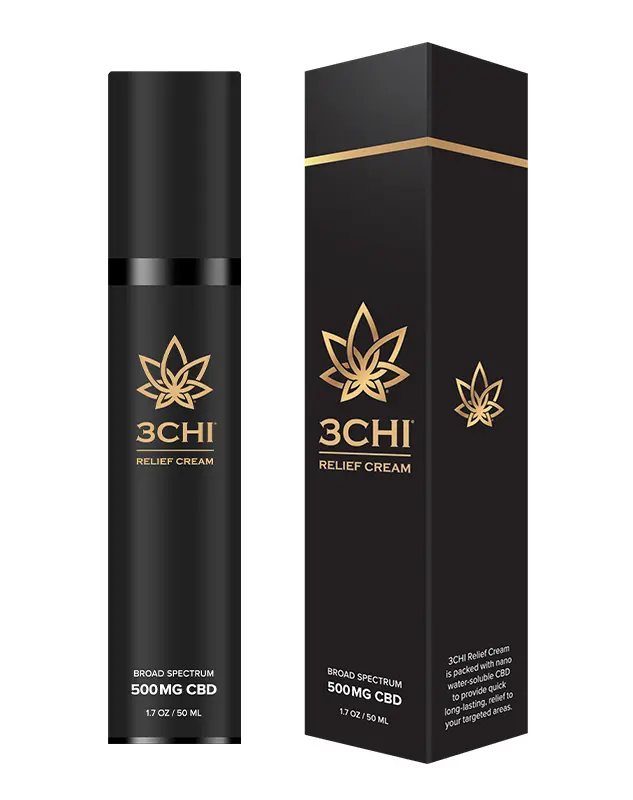
For those experiencing localized muscle discomfort, the CBD Relief Cream offers a targeted approach to relief. This cream is designed to be applied directly to areas of discomfort, providing a concentrated dose of CBD right where it’s needed most. Its formulation is crafted to penetrate the skin quickly, delivering relief to sore and tired muscles.
Whether it’s a stiff neck, aching lower back, or sore legs from a rigorous workout, the CBD Relief Cream can be an effective tool in your muscle recovery arsenal.
Remember to always consult with your physician before adding new supplements like cannabis to your regimen.
The Impact of THC on Exercise Performance
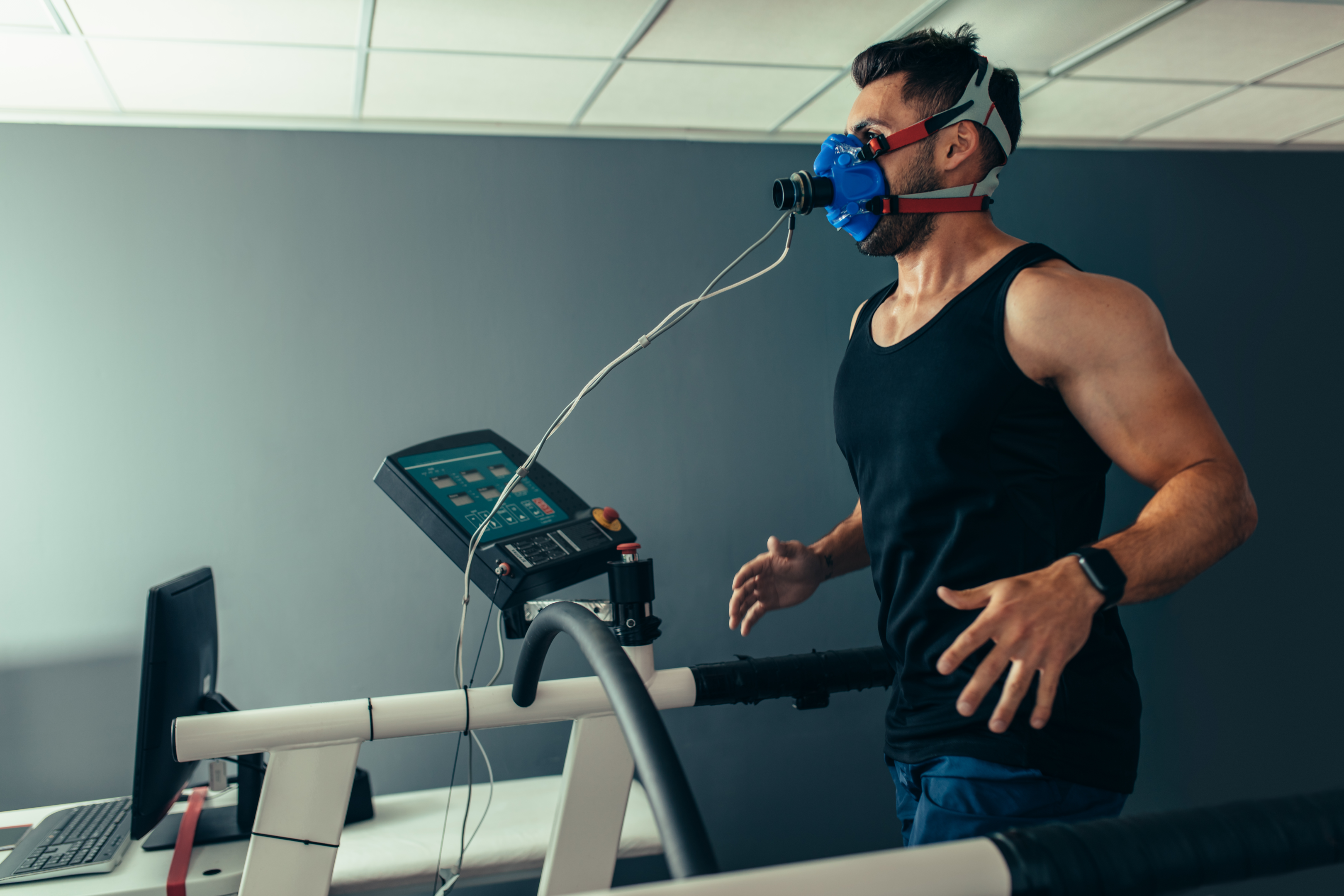
While THC is not a performance-enhancing drug in the traditional sense, its potential impact on exercise performance lies in its ability to possibly muscle pain and tolerance. This can indirectly influence how one engages with their exercise routine. For those who experience muscle pain, the use of THC might offer a way to manage this discomfort, potentially allowing for longer and more effective workouts.
Individuals who consume cannabis regularly may find that incorporating THC into their fitness regimen can complement other supplements they use, like caffeine, for an added boost. The combination of THC with these supplements could offer a unique synergy, enhancing focus and potentially reducing pain during strenuous exercise.
Individual Experiences Vary
However, it’s important to consider the potential adverse effects. Just like any supplement or substance, THC affects everyone differently. While some may experience positive effects on their muscle endurance and pain management, others might find it counterproductive. It’s crucial to understand your body’s response to THC in the context of exercise and rest.
Moreover, for those accustomed to using marijuana, THC’s role in fitness might seem more intuitive. The key is to approach its use thoughtfully and understand how it interacts with your body during physical activity. Balancing THC with other aspects of a fitness routine, such as nutrition, hydration, and rest, is essential for optimizing its potential benefits while minimizing any negative impacts.
Embracing a New Era in Fitness with Cannabis
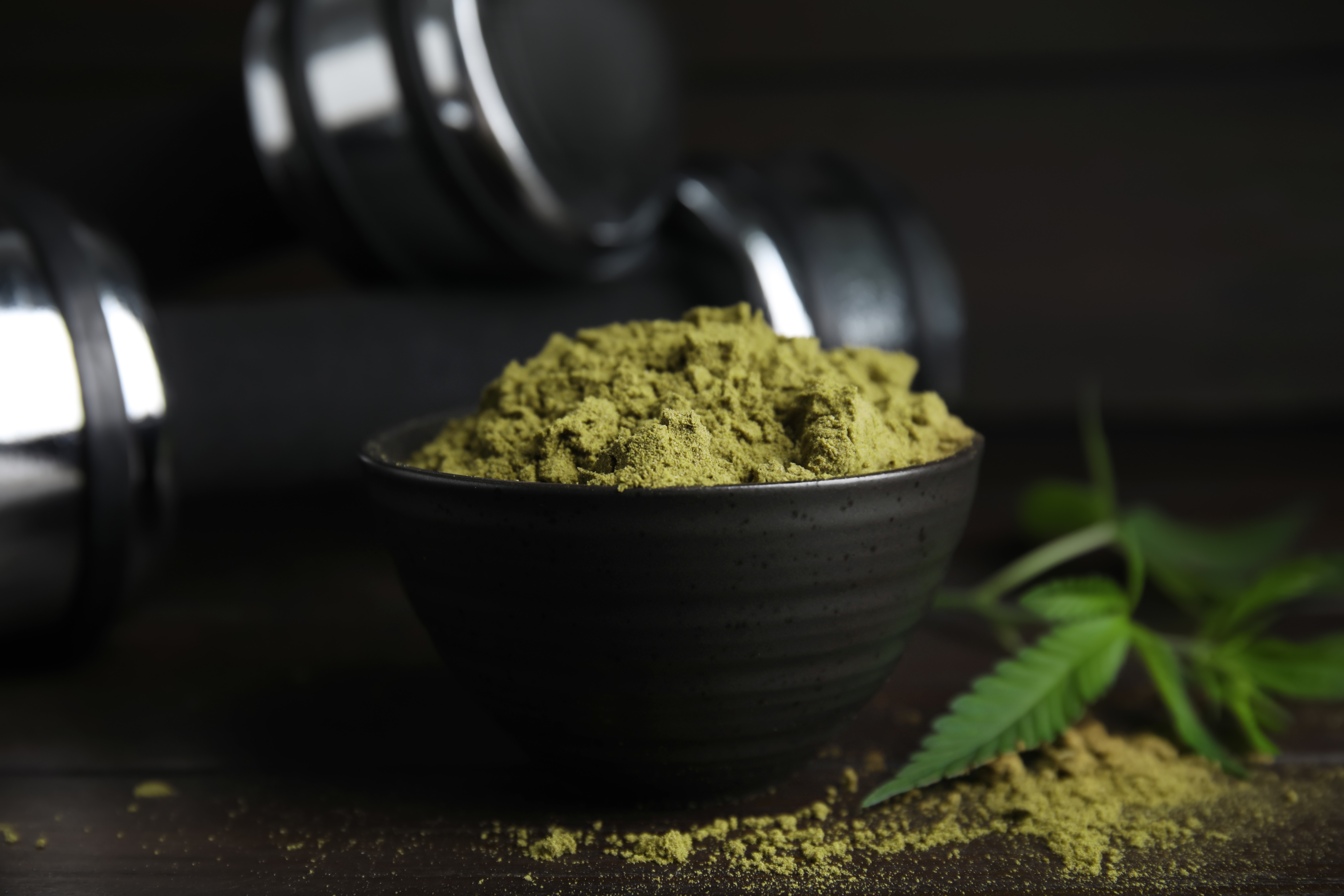
It’s clear that the integration of cannabis, particularly THC, into fitness regimes presents a new frontier in the world of exercise and wellness. The research on cannabis and its effects on exercise is still evolving, with researchers continually uncovering new insights. This growing body of knowledge is crucial for understanding how THC can be used effectively and safely, especially in managing muscle pain and enhancing workout experiences.
Try Another Approach
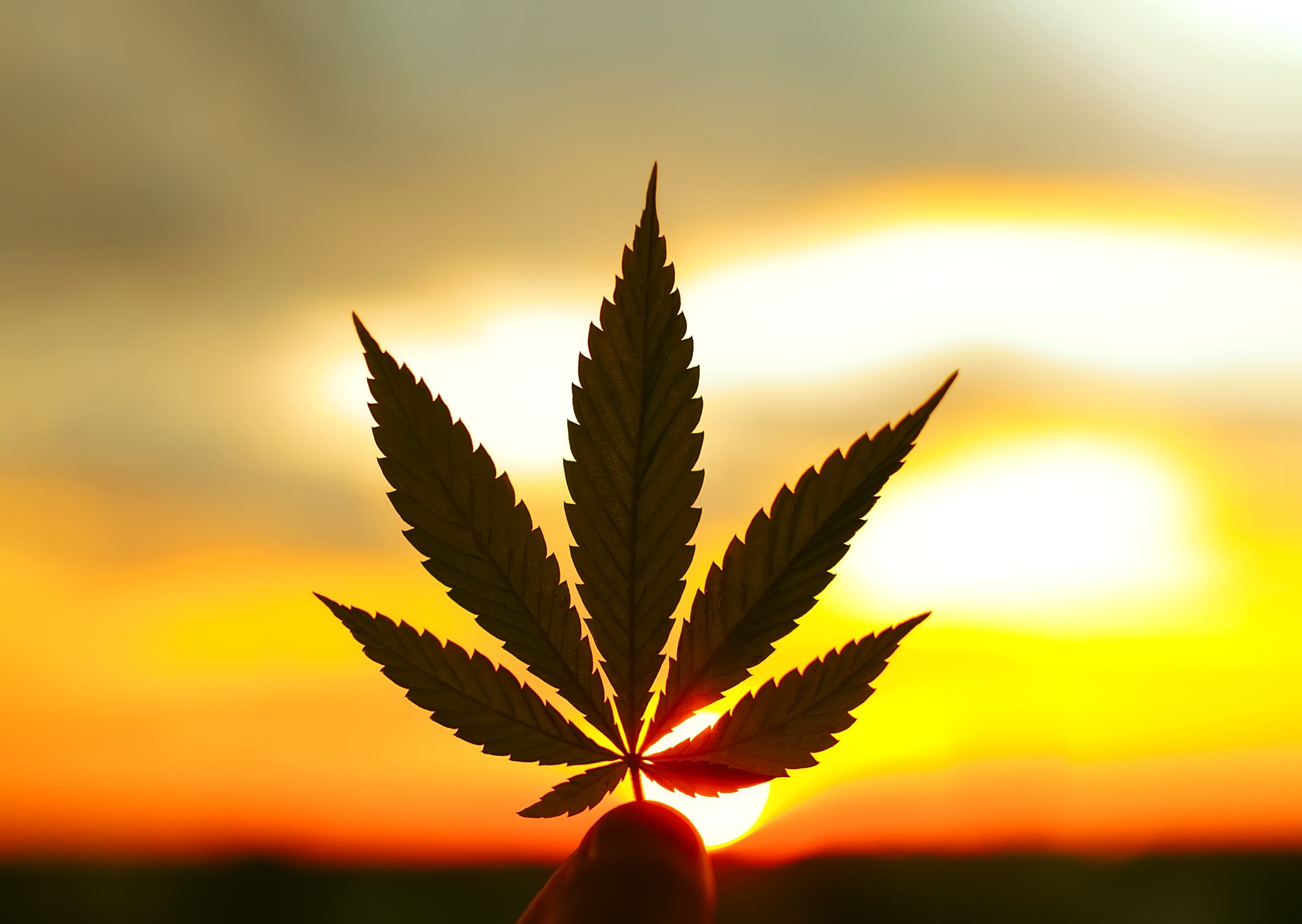
For those who lift weights, engage in various exercises, or struggle with muscle pain, incorporating THC for workouts might offer a novel approach to managing pain and enhancing overall muscle health. It’s important to note that the experience of THC can vary significantly between individuals, and what works for some may not work for others. This is particularly evident when comparing cannabis users with non-users, as their bodies may react differently to THC.
Moreover, the potential of THC in alleviating symptoms related to muscle pain and soreness could be a game-changer for many. As we continue to explore and understand the complexities of marijuana and its components, it’s essential to approach its use with an informed and cautious mindset.
The journey of integrating cannabis into fitness routines is just beginning. With ongoing research and a growing understanding of how THC interacts with our muscles and perception of pain, we are stepping into a new era of exercise and wellness.
Whether you’re a seasoned athlete or someone just starting their fitness journey, the potential benefits of cannabis in your workout plan are worth exploring, with an emphasis on balance, safety, and personal well-being.
To stay updated on all things cannabis and 3CHI, sign up for our newsletter here!
P.S. When you do, you get 5% off your first order and a free pack of gummies!
